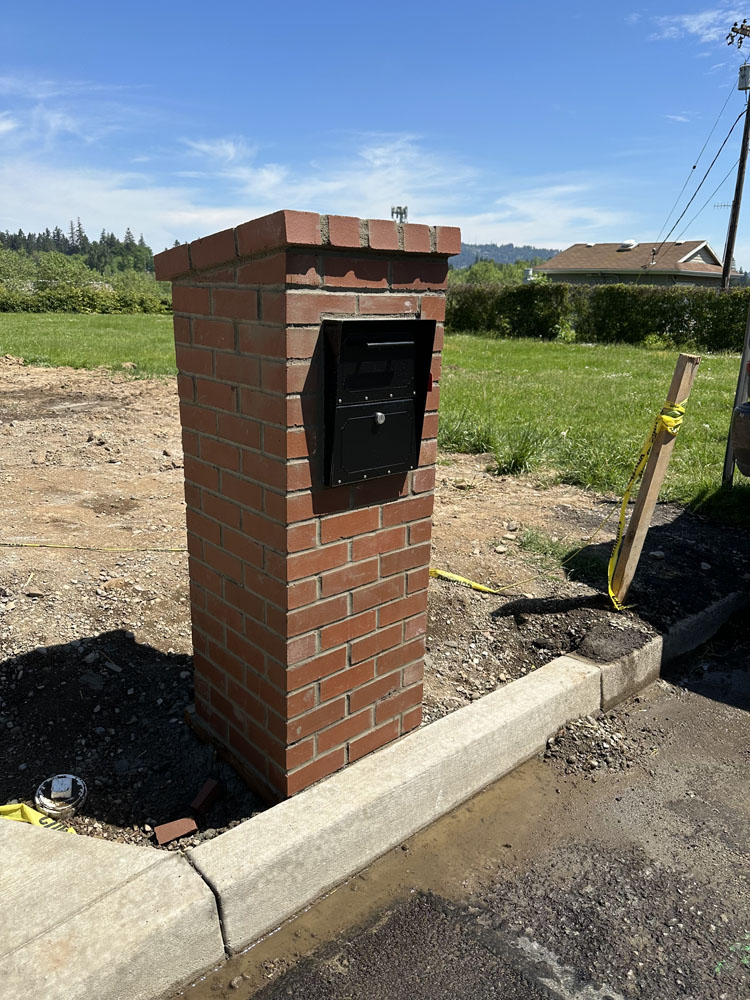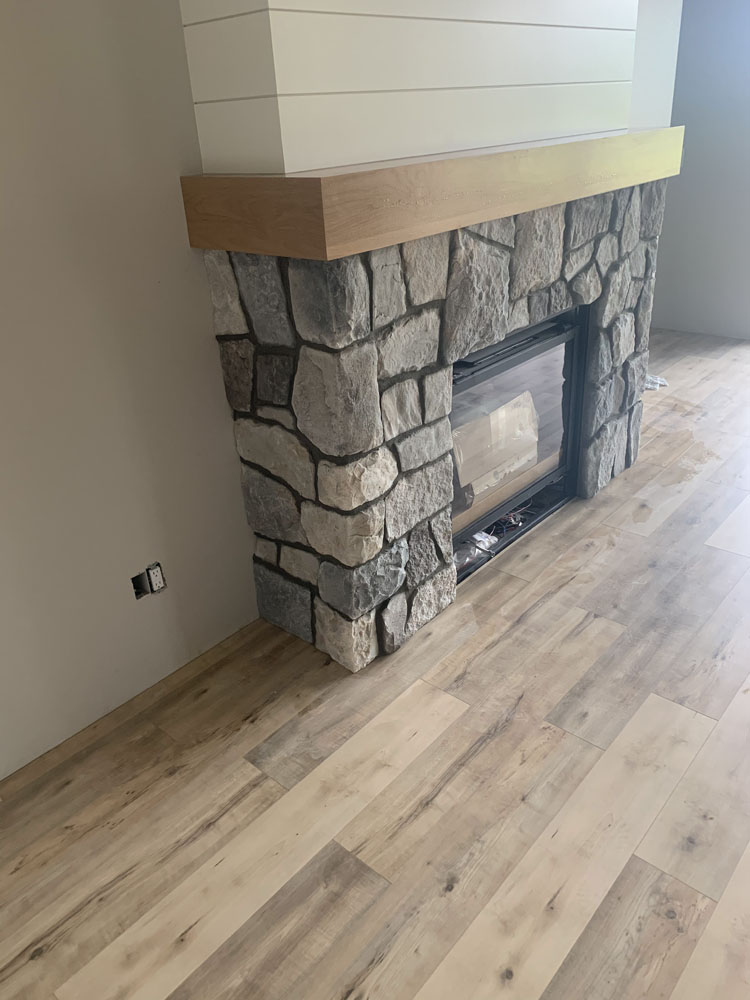Introduction
When embarking on a construction project, particularly one involving masonry work, ensuring that your contractor has the appropriate insurance coverage is crucial. Not just for your peace of mind but also for protecting your investment and safeguarding against potential liabilities. This article will delve into essential tips for checking a masonry contractor’s insurance coverage, guiding you through the intricate world of insurance policies in the construction industry.
Understanding the Importance of Insurance for a Masonry Contractor
Why Does a Masonry Contractor Need Insurance?
Masonry work comes with its fair share of risks. From accidents on-site to damage caused by faulty workmanship, the potential pitfalls are numerous. A masonry contractor needs insurance to cover:
- Liability Protection: In case someone gets injured on the job site. Property Damage: If materials or structures get damaged during construction. Workers' Compensation: Protects workers in case of accidents.
The Risks of Hiring an Uninsured Masonry Contractor
Hiring an uninsured masonry contractor can lead to severe consequences:
- Financial Loss: If something goes wrong and damages occur, you could be liable for repairs. Legal Troubles: Without proper coverage, any legal actions taken can fall squarely on your shoulders.
Essential Tips for Checking a Masonry Contractor’s Insurance Coverage
Tip #1: Request Proof of Insurance
Before hiring any contractor, always ask for proof of their insurance coverage. This is non-negotiable.
What Should You Look For?
- Certificate of Insurance (COI): This document provides details about the type and amount of coverage.
Tip #2: Verify Policy Types
Make sure to confirm that the contractor has both general liability and worker's compensation insurance.
Why Are These Policies Important?
- General Liability: Covers third-party injuries and property damage. Workers’ Compensation: Essential to protect against employee-related injuries.
Tip #3: Check Coverage Limits
Not all policies offer the same level of protection. It's vital to understand the coverage limits.
What Are Typical Coverage Limits?
While this can vary by state and company, common limits include:

| Type of Coverage | Typical Limit | |-------------------------|----------------| | General Liability | $1 million | | Workers' Compensation | Varies by state|
Tip #4: Ensure Insurance Is Current
An expired policy won't do you any good! Always check if the policy is up-to-date.
How Can You Confirm This?
Request a copy dated within 30 days to ensure its validity.
Tip #5: Look Into Additional Coverages
Some masonry contractors might offer additional coverages like professional liability or equipment coverage.
Why Consider These Add-ons?
These coverages can protect against more specific risks associated with masonry work.
Assessing Financial Stability
Understanding Underlying Financial Health
The financial stability of a contractor plays an important role in their ability to maintain adequate insurance coverage.
How Can You Assess This?
- Credit Checks: Look into their credit history. References: Speak with previous clients about their experiences.
How Does Financial Stability Affect Insurance?
A financially stable contractor is less likely to let their insurance lapse due to non-payment.
Evaluating Safety Practices
Importance of Safety Protocols in Masonry Work
Safety Masonry Contractor In West Linn practices are crucial not only for worker protection but also for minimizing risks that lead to claims.
What Should You Ask About Their Safety Practices?
Inquire about:
- Training programs Safety gear requirements Incident history
Why Are Safety Practices Linked To Insurance Claims?
Contractors who prioritize safety tend to have lower claim rates, which may result in lower premiums in the long run.
The Role Of Licensing
Ensuring Your Contractor Is Licensed
A licensed masonry contractor often indicates they adhere to local regulations and standards.
Why Is Licensing Important?
Licensing usually necessitates proof of financial responsibility, including insurance.
Checking Previous Claims History
Understanding Claims History
Inquire whether there have been any previous claims made against their insurance policy.
How Can Past Claims Impact Future Work?
A history laden with claims might indicate risky practices or poor quality work.
Reading Fine Print in Policies
Importance Of Thorough Review
Always read through the fine print before making any decisions regarding your contractor's insurance policy.

What Should You Pay Attention To?
Look out for:
- Exclusions Deductibles Responsibilities under each policy type
Consulting With Your Lawyer
When To Seek Legal Advice
If you're unsure about understanding your findings regarding insurance policies, consulting with a legal expert could be beneficial.

Why Is Legal Counsel Important?
A lawyer can help clarify terms and conditions that may be confusing or misleading.
FAQs About Checking a Masonry Contractor’s Insurance Coverage
FAQ 1: What types of insurance should my masonry contractor have?
Your masonry contractor should have general liability insurance and worker's compensation insurance at a minimum. Additional coverages may also be beneficial depending on your project's needs.
FAQ 2: How can I verify if the contractor's insurance is valid?
You can ask them directly for a Certificate of Insurance (COI) dated within 30 days as proof that it is current and valid.
FAQ 3: What happens if my contractor doesn't have adequate insurance?
If they don't have adequate coverage, you could be held responsible for any accidents or damages that occur during the project.
FAQ 4: Can I require my mason contractor to add me as an additional insured?
Yes, asking your contractor to add you as an additional insured party on their policy can offer extra protection should anything go wrong during construction.
FAQ 5: How often should I check my contractor’s insurance?
It's advisable to verify it annually or whenever you’re considering hiring them again for new projects since policies may change over time.
FAQ 6: Will my homeowner's insurance cover issues from a masonry project?
In most cases, homeowner’s policies do not cover damage caused by contractors; thus, it's imperative that you confirm your hired mason has adequate professional liability coverage instead.
Conclusion
Navigating through the maze of selecting an appropriate masonry contractor requires diligence, especially when it comes to understanding their insurance coverage. By following these essential tips for checking a masonry contractor’s insurance coverage—such as verifying details about proof-of-insurance documents, ensuring current policies exist, assessing safety practices—you'll empower yourself with knowledge that safeguards your investment while enhancing safety on-site. Remember that taking these precautions not only protects you but also contributes positively toward establishing trustworthy relationships with skilled professionals in the industry. It's time well spent—after all, peace of mind is priceless!